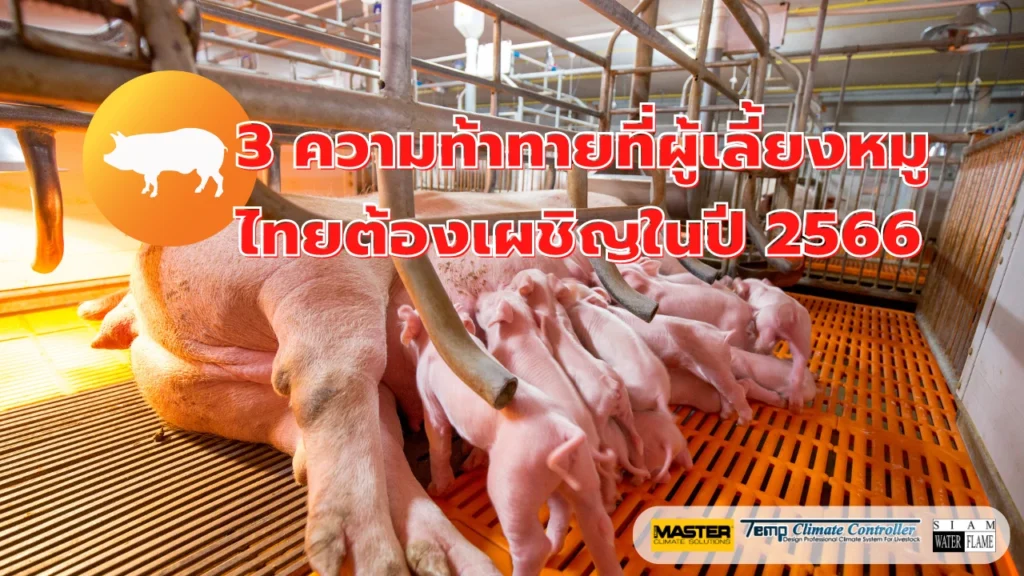3 challenges that Thai pig farmers must face in 2023











เว็บไซต์ siamwaterflame.com มีการใช้งานคุกกี้ (Cookies) เพื่อจัดการข้อมูลส่วนบุคคลและช่วยเพิ่มประสิทธิภาพการใช้งานเว็บไซต์ท่านสามารถศึกษารายละเอียดเพิ่มเติมและการตั้งค่าคุกกี้ได้ที่ นโยบายการใช้คุ้กกี้